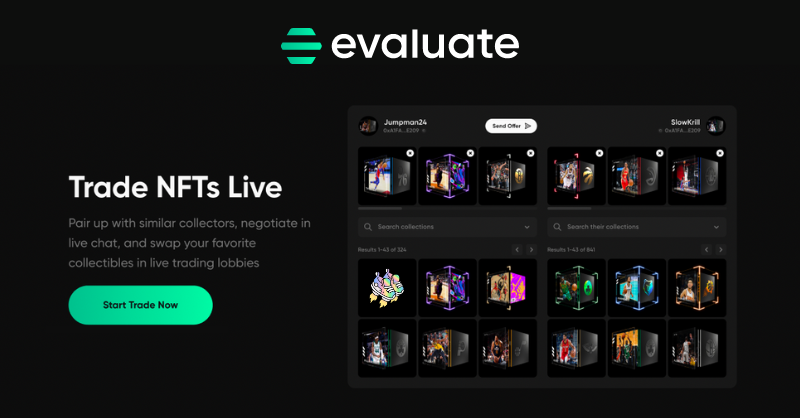sari
@sari
making Sublime — for you and for me.
sari
@sari
making Sublime — for you and for me.


making sublime and Craftsmanship
wow, I love this: the world would be a better place if there were more smaller, older software companies focused on craftsmanship, and I think the best way to help catalyze that world is by building such a company.

from Make your Stuff by Austin Kleon:
“it’s not enough to be good. In order to be found, you have to be findable.”
“If you want people to know about what you do and the things you care about, you have to share.”
“Make stuff you love and talk about stuff you love and you’ll attract people who love that kind of stuff. It’s that simple.”
“Teaching people
... See more